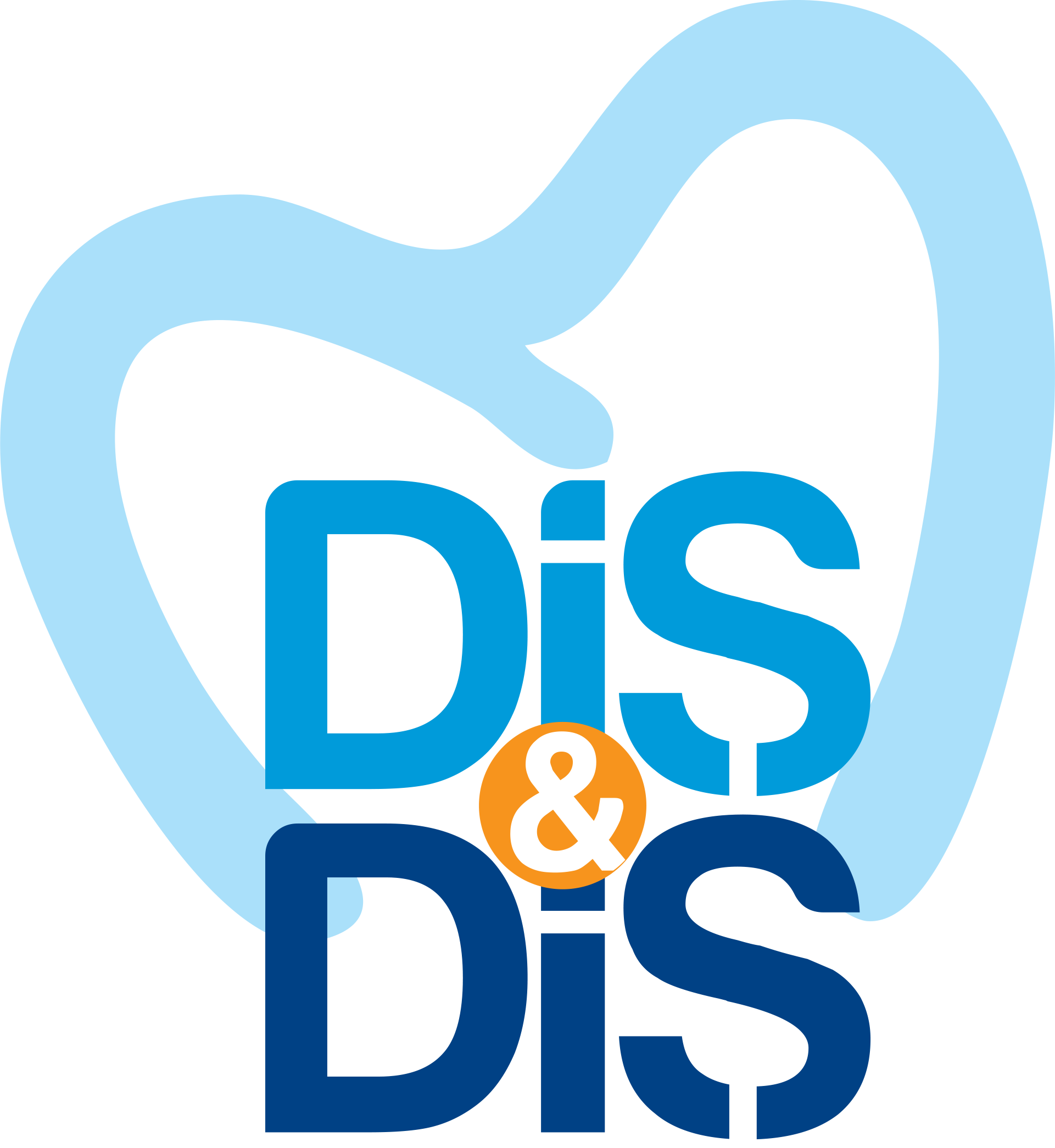Implant
Dental implants are artificial tooth roots that imitate the lost tooth root and are compatible with the jawbone and gingiva. Implants are made of titanium or other tissue-friendly materials. It is a reliable and proven treatment application that has been applied to replace tooth deficiencies since the 1960s. Studies have reported that the long-term implant success rate is 98% – 99%.
Advantages of Dental Implants
Since the implants are placed in the bone, they prevent bone loss after tooth extraction. Since the implants are placed in the extraction cavity, the treatment is performed without touching your other teeth, unlike bridge prostheses. Implants look and feel like your own teeth.
Implant application is a two-stage treatment.
First stage It is the surgical stage in which the implant, which is an artificial tooth root, is placed in the jawbone. The procedure is performed under local anesthesia, painlessly and usually in a shorter time than tooth extraction.
The duration of the implant operation varies depending on the number of missing teeth. Placement of an average implant takes about 10 minutes and is less traumatic for the patient than tooth extraction. The time to wait for the implant placed in your jawbone to fuse to the bone is approximately 8 weeks. However, there may be cases where the prosthesis is placed immediately without waiting for this period, or there may be cases where a long recovery period of approximately 4 to 6 months is expected. The factors affecting the waiting time are related to the current volume of your jawbone where the implant will be placed. After the completion of this period, the gingiva is shaped by placing a cover that opens the implant into the mouth with a small intervention in the second stage. After 1-2 weeks for the shaping of the gingiva, measurements are taken and routine prosthetic procedures are started.
Second stage On the other hand, it is the stage where the prosthesis will be made on the artificial tooth root, which is the prosthesis stage. Depending on the number of missing teeth and the number of implants placed in their place, fixed prostheses or removable prostheses can be made on the implants.
Diabetics under control, heart patients, patients using blood thinners, patients with osteoporosis can have implants if written permission and opinion from their doctor is obtained.
